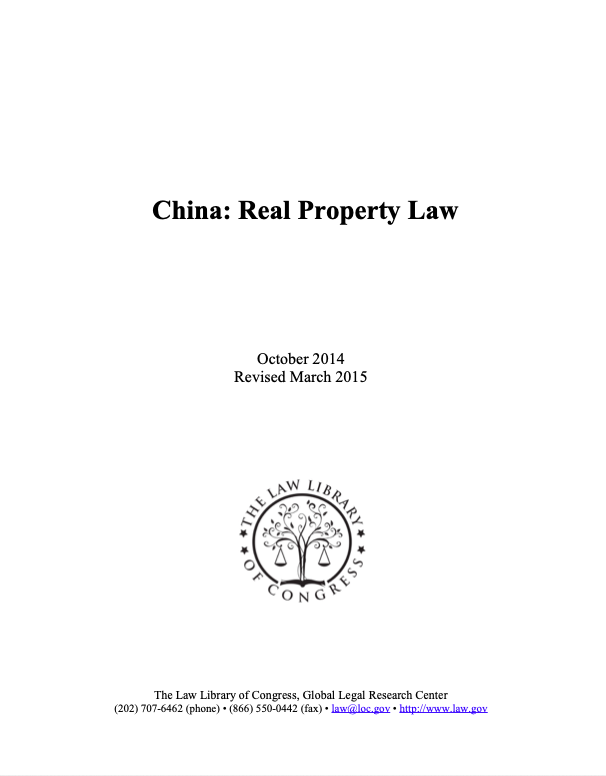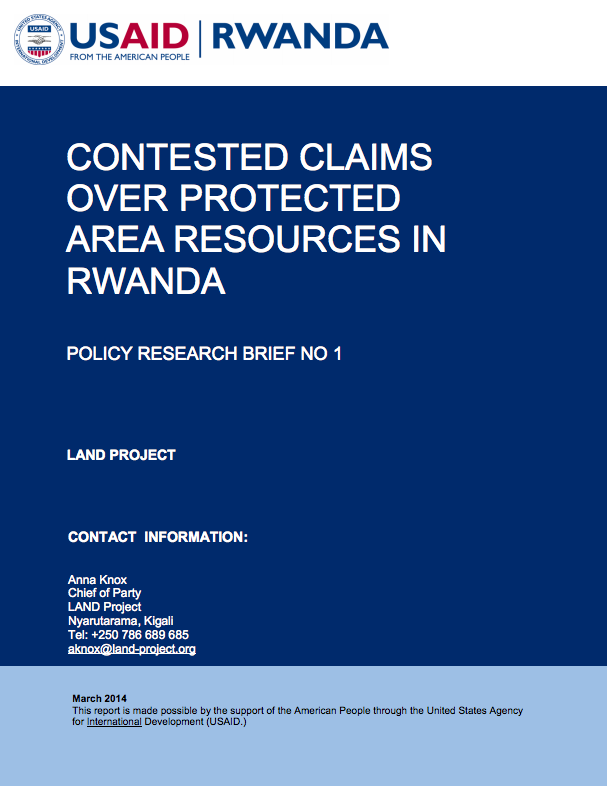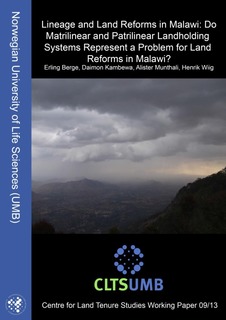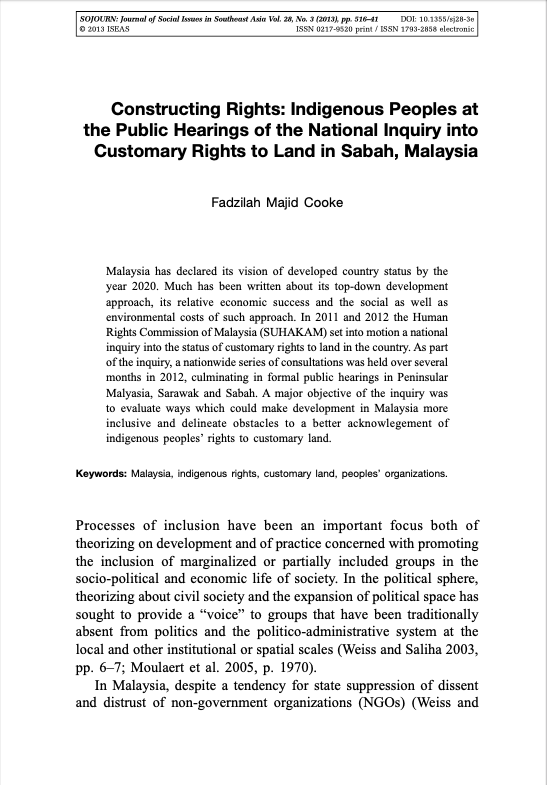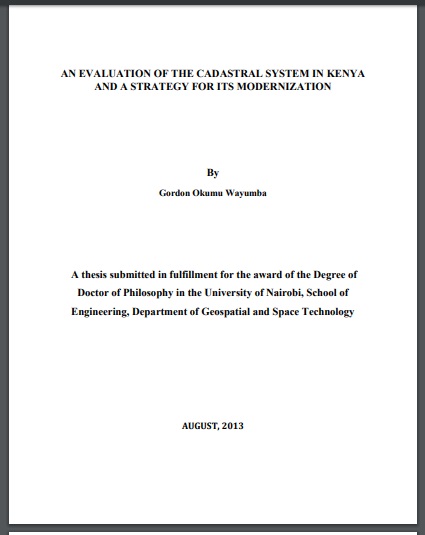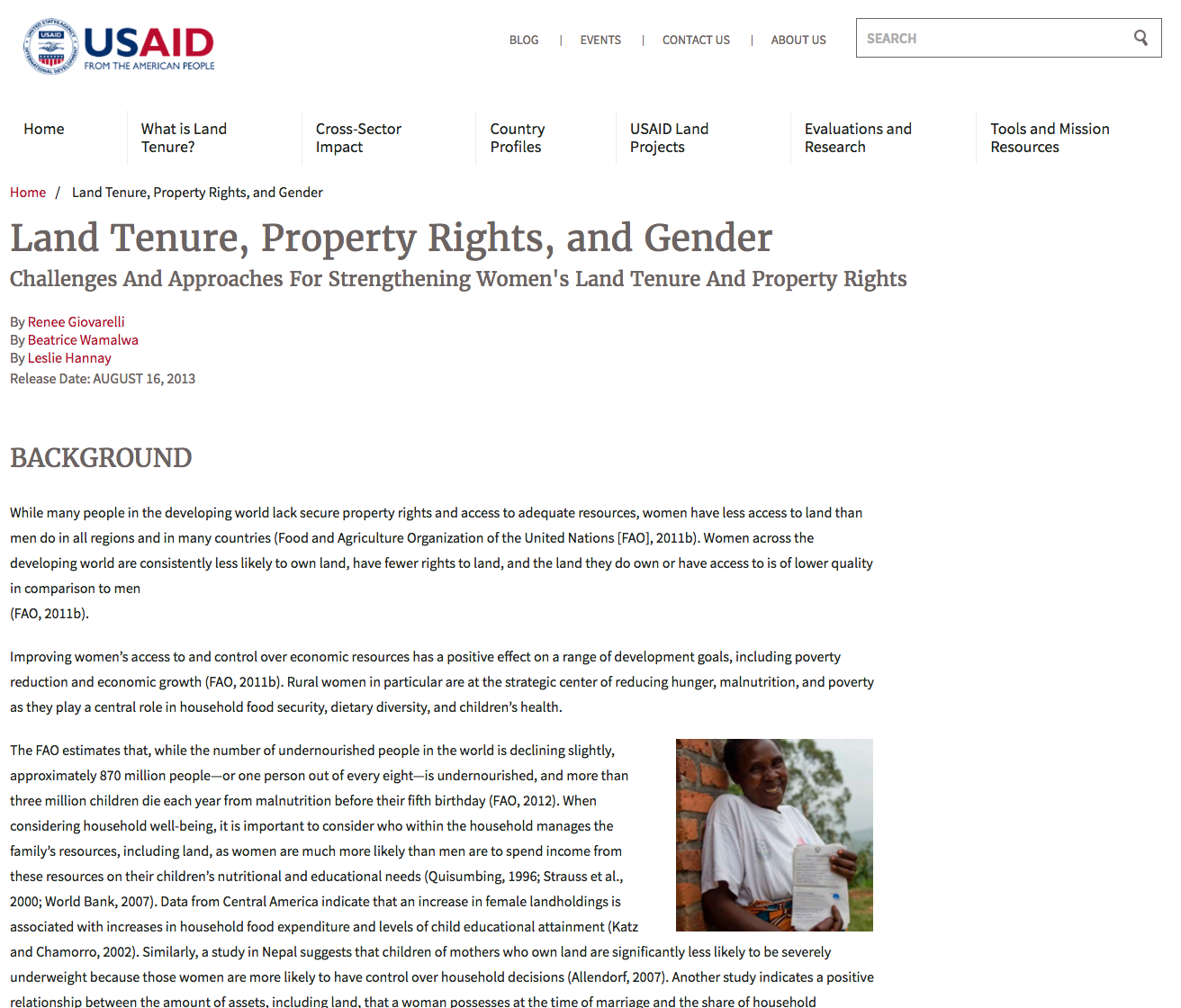KNOW YOUR LAND RIGHTS
The promulgation of the Kenyan Constitution 2010 brought into place concerns about the urgency for land reform. Land reforms hold the key to solving some of Kenya’s greatest challenges such as landlessness, community cohesion, food security and sustainable development. Land reforms lie at the heart of the work of the National Land Commission (NLC) and Kituo cha Sheria and they are also at the heart of many Kenyan communities who live, work and rely on land. Information contained in the book goes a long way in educating these communities about their land rights.



